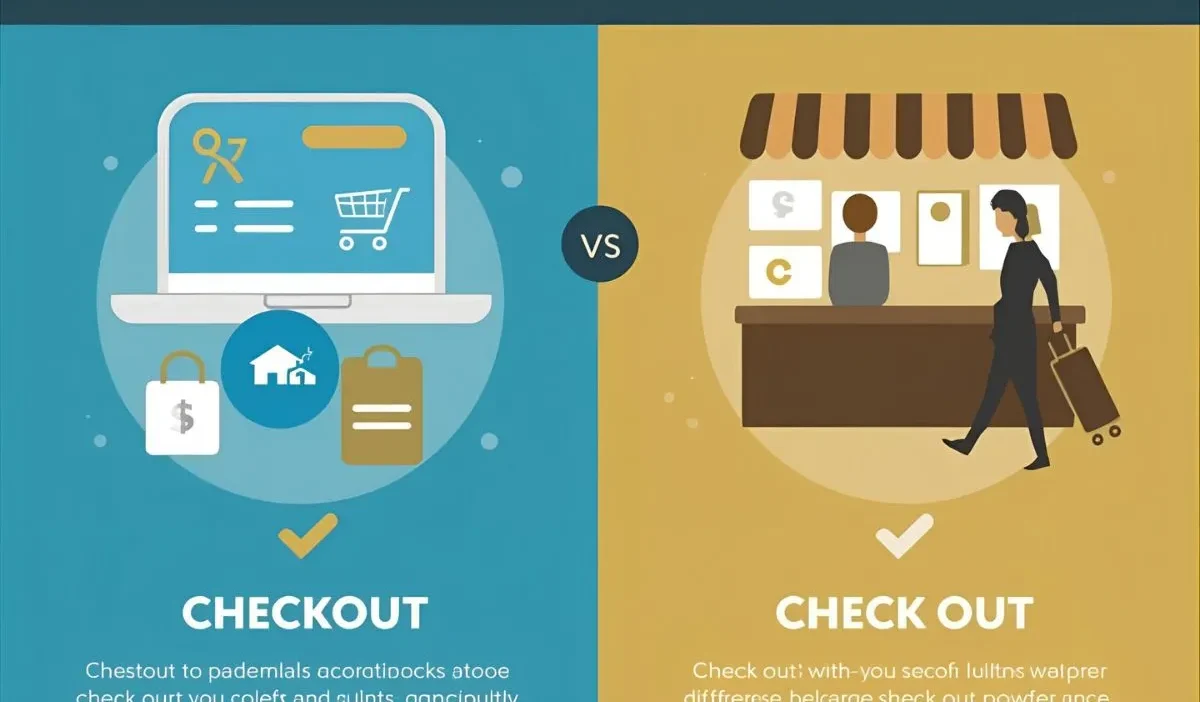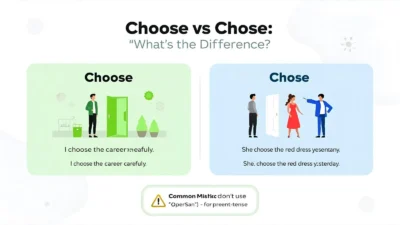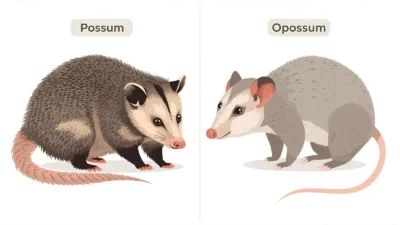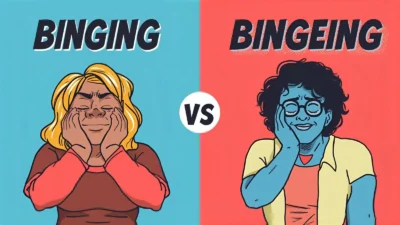If you shop online, travel, or write emails, you’ve likely asked: “Is it checkout or check out?”
This small spelling choice confuses many because both forms exist in English, yet they serve different purposes.
People often search for this keyword when they’re unsure whether to use one word or two in professional writing, e-commerce websites, or even casual messages.
The confusion comes from the fact that “checkout” is often used as a noun or adjective, while “check out” is used as a verb phrase.
Mixing them up can make your writing look unpolished, especially in business settings.
This article clears up the difference, explains the origin of each form, explores British vs American spelling preferences, shows real-world examples, and gives practical advice on which form you should use.
By the end, you’ll have a simple rule you can apply every time, so you’ll never have to second-guess yourself about “checkout” vs “check out.”
Checkout or Check Out – Quick Answer
- Checkout (one word) → Noun or adjective. Refers to the place, process, or action of paying.
- Example (noun): “I waited in the checkout line.”
- Example (adjective): “Use the checkout page to complete your purchase.”
- Check out (two words) → Verb phrase. Means to examine, try, or leave.
- Example: “Let’s check out that new restaurant.”
- Example: “We will check out of the hotel at noon.”
👉 Rule: If it’s a thing or place, use checkout. If it’s an action, use check out.
Check Out vs Checkout
- ✅ Check out (two words) is a phrasal verb, meaning to look at something or leave a place — e.g. “Let’s check out that new café.”
✅ Checkout (one word) is a noun, meaning the place or process where you pay — e.g. “Meet me at the supermarket checkout.”
👉 In short: You check out at the checkout.
Check-Out or Checkout
✅ Checkout (one word) is most common — it’s a noun meaning the place or process of paying, e.g. “The checkout lines were long.”
✅ Check-out (with a hyphen) is sometimes used as a noun or adjective, especially in older or formal writing, e.g. “Check-out time is 12 p.m.”
👉 Today, “checkout” (no hyphen) is preferred in modern English.
Check Out vs Checkout
Check Out (Verb) ✅
- Means to examine, investigate, or leave a place.
- Always written as two words when used as a verb.
Examples:
- I want to check out that new café.
- Don’t forget to check out of the hotel by noon.
Checkout (Noun) ✅
- Refers to the process of paying and leaving (especially in a store or hotel).
- Always written as one word when used as a noun.
Examples:
- The checkout at the supermarket was very slow.
- Please complete your checkout before 5 PM.
Quick Tip
Checkout → thing or process (noun)
Check out → action (verb)
Is Checkout One Word?
Yes, checkout is one word when used as a noun. ✅
Checkout (Noun)
- Refers to the process of paying and leaving a store, hotel, or website.
Examples:
- The supermarket checkout was very busy.
- Please complete your checkout before 5 PM.
Check Out (Verb)
- When it’s an action (to examine, investigate, or leave), it is two words.
Examples:
- I want to check out that new café.
- Don’t forget to check out of the hotel.
Quick Tip:
Check out = verb (two words)
Checkout = noun (one word)
Is Check Out Hyphenated?
No, “check out” is not hyphenated when used as a verb. ✅
Check Out (Verb)
- Always written as two separate words.
- Means to examine, investigate, or leave a place.
Examples:
- I want to check out that new café.
- Don’t forget to check out of the hotel by noon.
Checkout (Noun)
- When referring to the process of paying or leaving, it is one word, not hyphenated.
Examples:
- The supermarket checkout was very busy.
- Please complete your checkout before 5 PM.
Rule of Thumb:
Check-out → rarely used; avoid in modern writing.
Check out → verb (two words)
Checkout → noun (one word)
The Origin of Checkout and Check Out
The phrase “check out” comes from the verb “check,” meaning to examine, verify, or mark. By the early 1900s, hotels used “check out” to mean “settle your bill and leave.”
Later, with the rise of supermarkets and online shopping, the noun “checkout” emerged to describe the place where payments happen. The one-word form became common in retail, marketing, and technology.
So, both forms share the same root but evolved differently—one as a verb phrase (check out) and the other as a noun/adjective (checkout).
British English vs American English Spelling
Both British and American English accept “checkout” and “check out,” but usage may vary slightly:
| Usage | American English | British English | Example |
|---|---|---|---|
| Noun | Checkout | Checkout | “The supermarket has 10 checkout counters.” |
| Verb | Check out | Check out | “You must check out of the hotel by 11 a.m.” |
| Adjective | Checkout page | Checkout page | “Go to the checkout page online.” |
There’s no major spelling difference—both regions follow the same rule. However, British English tends to use “till” or “cash desk” instead of “checkout” in casual speech.
Which Spelling Should You Use?
- Business writing / websites: Use checkout when referring to payment systems or counters.
- Emails / casual speech: Use check out when suggesting, recommending, or leaving.
- US readers: Both forms are common, but checkout is strongly tied to e-commerce.
- UK/Commonwealth readers: Checkout is understood, but in conversation, people may say “till” or “pay desk.”
- Global use: Stick to the simple rule → checkout = noun/adjective, check out = verb.
Checkout or Check-Out?
The correct usage depends on how the word is being used:
Checkout ✅ (Noun)
- Refers to the process of paying or leaving a store, hotel, or website.
- Always written as one word in modern English.
Examples:
- The supermarket checkout was very busy.
- Please complete your checkout before 5 PM.
Check-Out ⚠️ (Hyphenated)
- Less common in modern English.
- Some older style guides allowed check-out for the noun, but today checkout (one word) is preferred.
Quick Tip
👉 Use checkout (one word) for standard, correct, and professional writing.
👉 Use check out (two words) only when it’s a verb, e.g., “I will check out the new book.”
Common Mistakes with Checkout vs Check Out
- ❌ Writing “check out counter” instead of ✅ “checkout counter.”
- ❌ Using “checkout this video” instead of ✅ “check out this video.”
- ❌ Writing “I need to checkout from the hotel” instead of ✅ “I need to check out from the hotel.”
- ❌ Saying “check out page” instead of ✅ “checkout page.”
Checkout or Check Out in Everyday Examples
- Emails: “Please check out the attached report.”
- News Headlines: “Shoppers rush to new checkout systems.”
- Social Media: “Hey, guys, check out my latest post!”
- Formal Writing: “All purchases must be made through the online checkout system.”
105 Finaly or Finally – Common Mistake and Correct Usage Guide(2026)
Checkout vs Check Out – Google Trends & Usage Data

- In the US, searches for “checkout” are higher due to e-commerce growth.
- “Check out” is more popular globally because it’s used in casual conversation.
- In UK searches, “checkout” spikes in relation to supermarkets and online shopping.
| Country | More Popular Form | Common Context |
|---|---|---|
| USA | Checkout | E-commerce, retail |
| UK | Checkout | Supermarkets, online shopping |
| Canada | Check out | Casual recommendations |
| Australia | Check out | Travel and hotels |
🛒 Check Out or Checkout: What’s the Difference?
The phrases check out and checkout look similar, but they are used in different ways. Understanding the difference helps avoid common spelling mistakes—especially in shopping, writing, or online content.
1. “Check Out” (Two Words – Verb)
Check out is a phrasal verb, which means it describes an action.
Use it when someone is doing something.
Meaning:
- To look at something
- To review or inspect
- To leave a hotel
- To complete a purchase online (action)
Examples:
✔️ Before you buy, check out the reviews.
✔️ Please check out this new product.
✔️ We will check out of the hotel at 11 AM.
FAQs
1. Is it check out or checkout when paying online?
Use checkout. Example: “Go to the checkout page.”
2. Do I write ‘check out a book’ or ‘checkout a book’?
Write check out because it’s a verb. Example: “I will check out a book from the library.”
3. Is ‘hotel checkout’ one word or two?
Use checkout (noun). Example: “Hotel checkout is at 11 a.m.”
4. Can checkout be used as a verb?
No. The verb form is always check out.
5. Which is correct: checkout line or check out line?
The correct form is checkout line.
6. Does British English use a different spelling?
No, both British and American English use the same forms, but UK speakers may say “till” instead of “checkout.”
7. Is there a difference in formal vs informal writing?
Yes. Use checkout in formal/business contexts, and check out in casual speech or informal emails.
Conclusion
The choice between “checkout” and “check out” depends on grammar and context. Checkout is a noun or adjective, used for payment places or processes. Check out is a verb phrase, used for actions like leaving a hotel or suggesting something to see.
While both British and American English follow the same rule, different regions may use alternate terms in daily conversation. Common mistakes usually happen when people use “checkout” as a verb or split “checkout” when it should be one word.
If you remember this rule—noun/adjective = checkout, verb = check out—you’ll always use the correct form. Whether you’re writing a business email, designing an e-commerce site, or posting on social media, you’ll look polished and professional.




